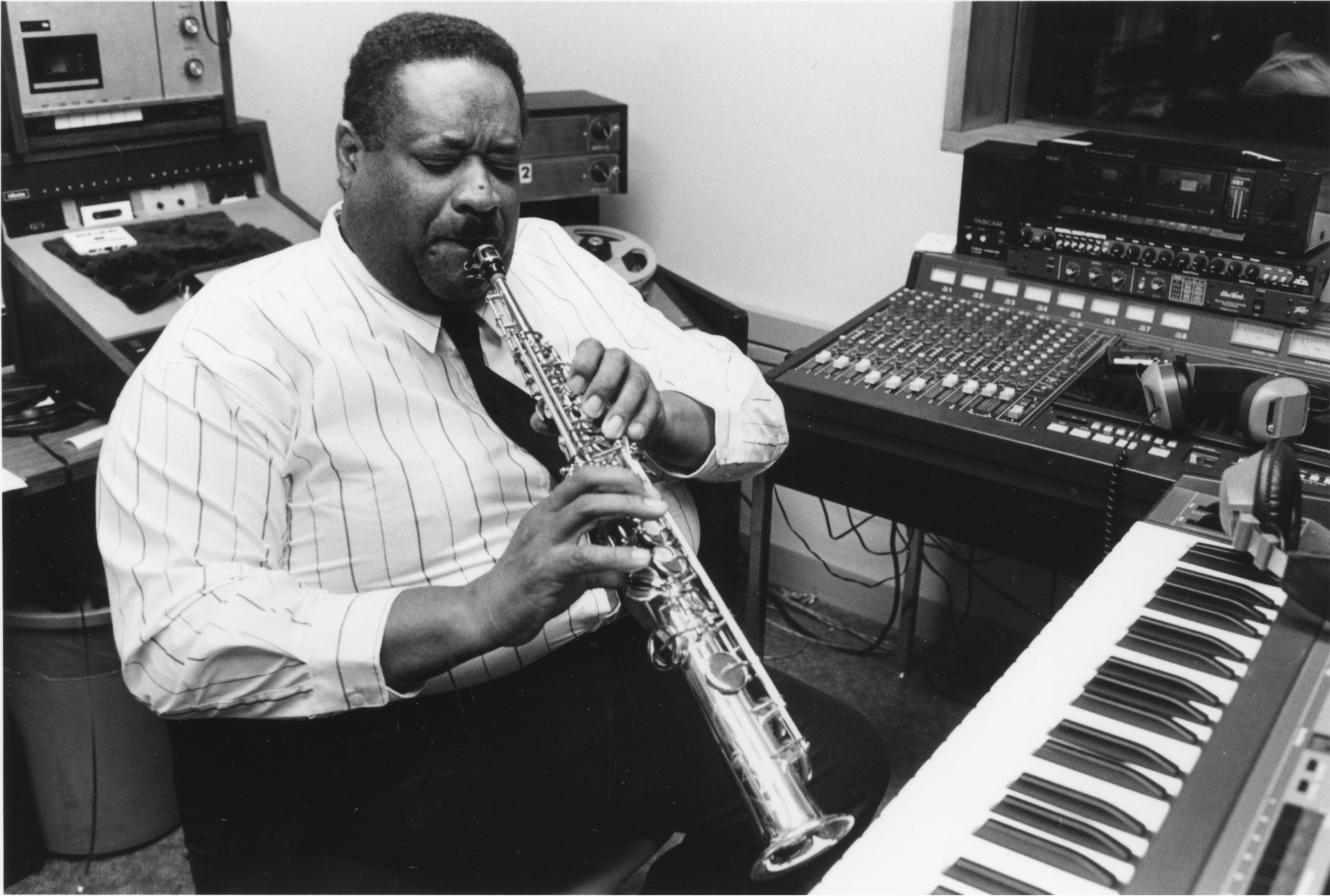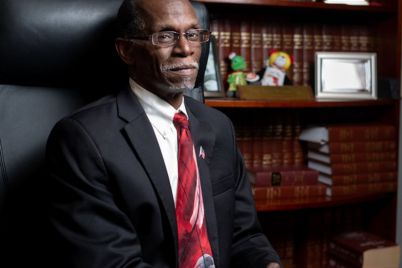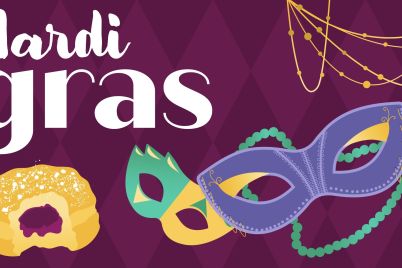by WILLOW SYMONDS
Contributor
Many WCC buildings are named after a person, a leader in the field, and the Morris Lawrence building on the southeast end of campus is one of them. Morris J. Lawrence, Jr. (1940-1993) was a jazz orchestra instructor at WCC for many decades. Back in 1994, students pushed for a building to be dedicated to the then-recently passed teacher. Washtenaw Community College’s Board of Trustees approved, and, in 2021, the building is ready for a major renovation (See related story).
“Dr. Morris J. Lawrence is the reason why I became an instructor at Washtenaw Community College,” musician and former student John E. Lawrence, no relation, tells the Voice. “When Morris taught me about music, he taught me about life simultaneously — they were one in the two, not separate entities. Morris Lawrence instilled in me a work ethic that makes me go far beyond what the average person will do to be successful in my endeavors.”
Morris Lawrence started his music career in his hometown, New Orleans, Louisiana. At St. Augustine High School, he began composing his own music and was the first-chair clarinetist while also holding the position as the band president of the symphonic and marching bands. He then studied instrumental music at Xavier University of Louisiana, where he met his wife, Darrilyn, an elementary school teacher. Lawrence received a bachelor’s degree in instrumental music education in 1961 before moving to Ann Arbor. Starting in the early 1960s, he taught band at St. Thomas High School.
Lawrence was the director of music by 1968, all while working on his doctorate at the University of Michigan. In 1969, he began teaching at Washtenaw Community College along with his job at St. Thomas. He had written 40 band compositions, 64 dance orchestra pieces, and four string quartets before he was 30.
“My strongest memory of Dr. Morris Lawrence is sitting in his office before the WCC jazz orchestra class and watching him compose music,” John E. Lawrence recalls. “Most people sit at the piano or their instrument of choice when they compose, not Morris Lawrence. He would sit at his desk with staff music paper and a felt tip pen, and he wrote music notes for each instrument in the orchestra: the trombones, the trumpet section, the flutes, the piano and guitar, and the drums. I asked him how he was able to do this without an instrument. He replied, ‘I have a symphony orchestra in my head, and these cats are bad; they can’t play anything, and that’s why I’m putting it down on the staff paper.’ Then he asked me to make copies of the music and pass it out to the class. When the jazz orchestra played what he had written, […] I realized that I had just witnessed a musical genius at work.”
Thanks to Morris Lawrence, WCC’s Jazz Orchestra performed in many places around the country, including the St. Aquinas Festival in Grand Rapids and the Notre Dame Jazz Festival, the only community college invited. The orchestra also played at the Governor State National Junior College Jazz Festival in Chicago, winning first place in 1975. They later played music at New York’s Carnegie Hall and even performed for former President Ronald Reagan during his visit to Detroit in 1986. Lawrence devoted his life to composing and playing music, and many of his other interests also tied into this.
Lawrence was a “very special, very magical person,” local jazz musician Ron Brooks said after Lawrence’s death on Dec. 30, 1993.
Lawrence made a remarkable impact on not just the people he was close to — his wife Darrilyn, his mother Rosetta, his four children, and two grandchildren — but also his students. He accepted students without auditions and encouraged them to practice, understand their music, and work hard.
Lawrence was committed to the idea of a community college, then-WCC president Gunder Myran told the Ann Arbor News after the instructor’s death. “He liked to watch things grow.”
“I feel very fortunate to have known Dr. Morris Lawrence and watch him work,” John E. Lawrence says of his teacher, his mentor, and his friend. “Morris believed in me when I didn’t believe in myself. […] I would like to think that I was the special person in his life […], but the reality is he made everyone that he came in contact with feel the same way. I still have people coming up to me today telling me how important Dr. Morris J. Lawrence was in their life and how he changed their life.”
John E. Lawrence followed his mentor’s footsteps, teaching at WCC for more than 30 years before retiring in 2015.



